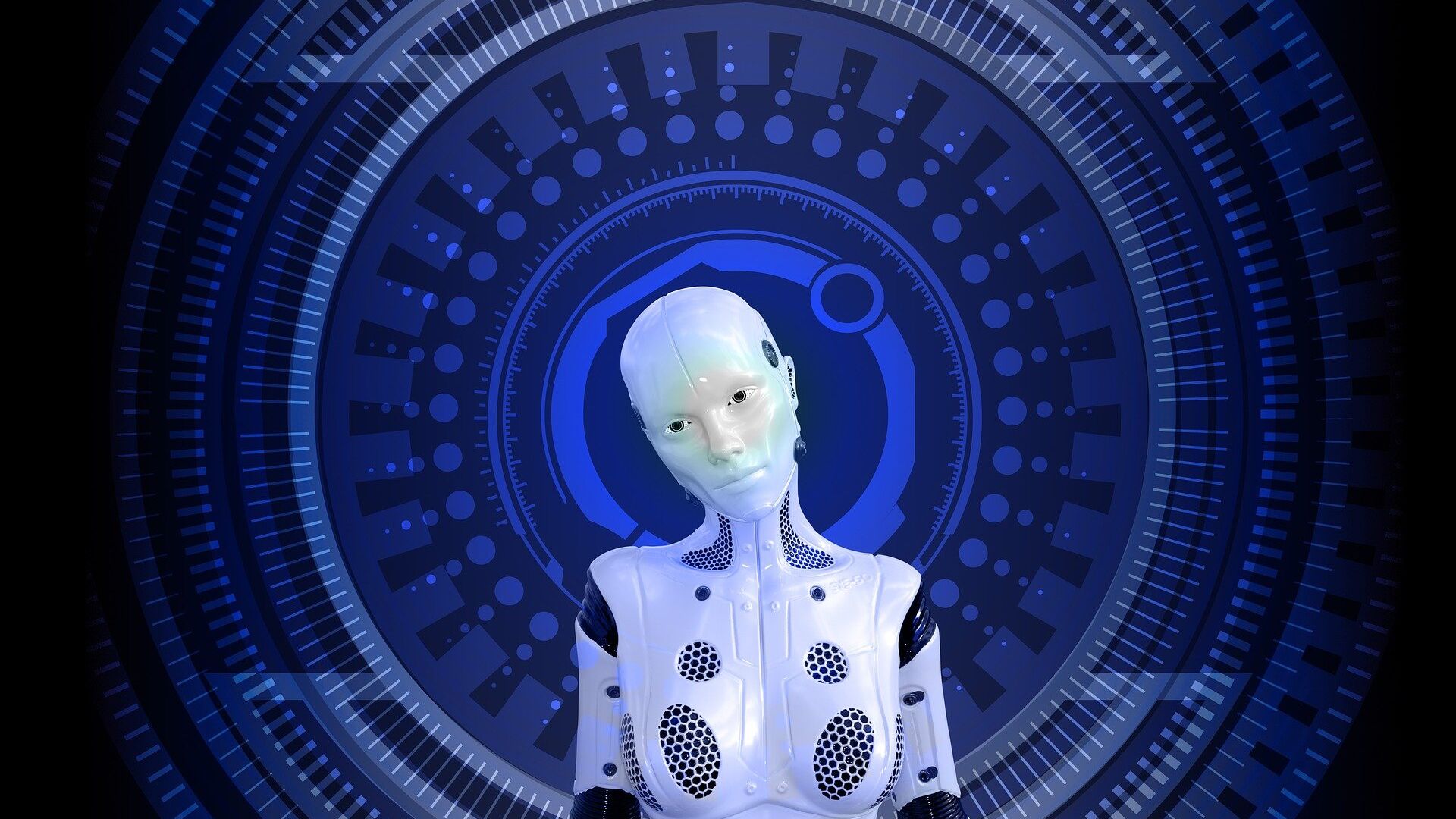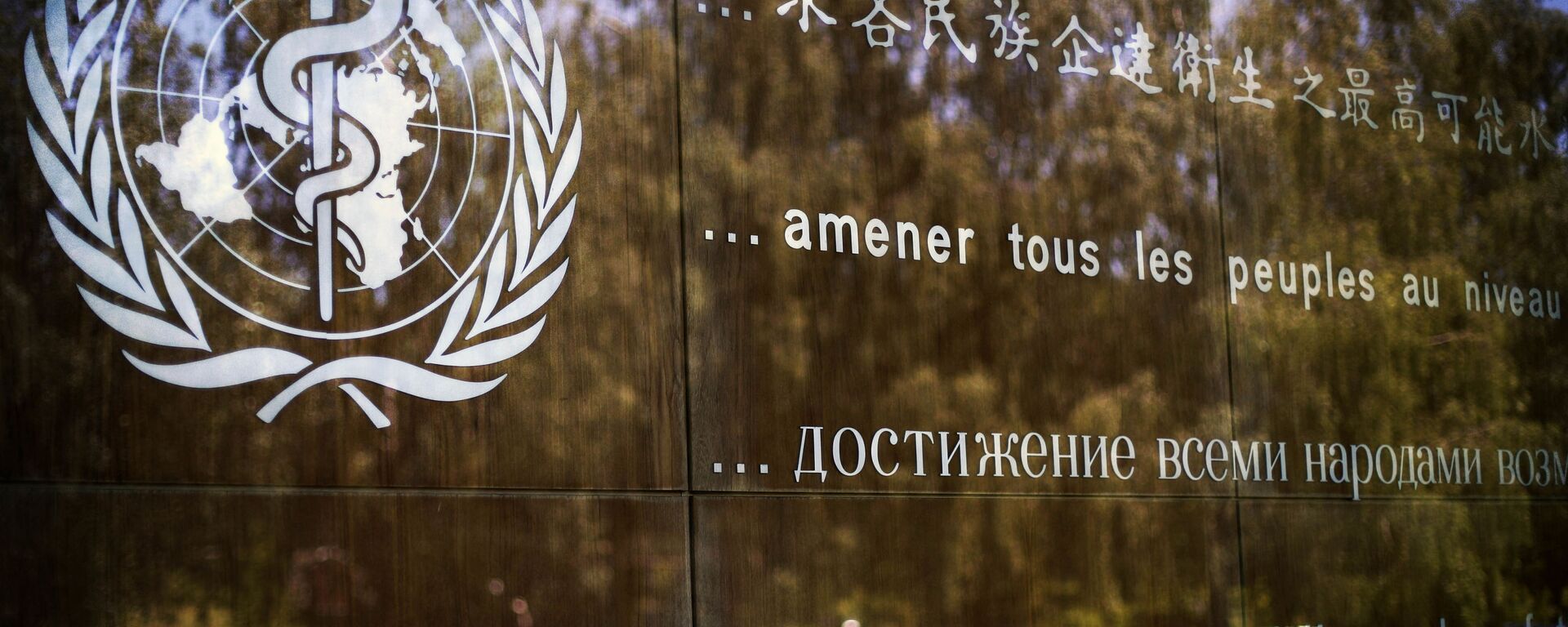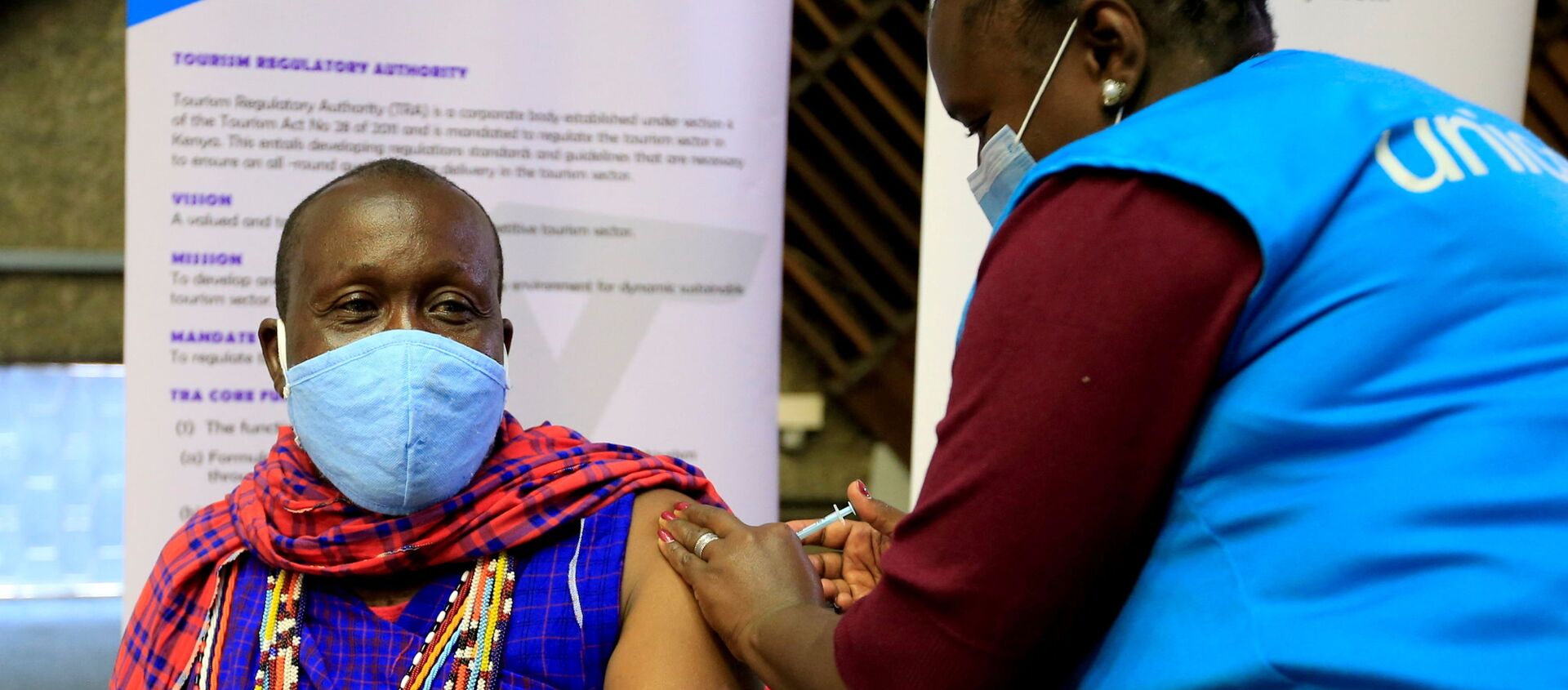Artificial Intelligence (AI) holds "great promise" for improving the delivery of healthcare and medicine globally, but only if ethics and human rights are put at the heart of its design, deployment, and use, the World Health Organization (WHO) said in its first report on the use of Artificial Intelligence (AI) in healthcare.
The report brought out on Monday comes as the ongoing coronavirus pandemic has put the need for digital transformation in the healthcare sector in the spotlight.
In a press statement, the WHO said that the report Ethics, and the governance of artificial intelligence for health is the result of two years of consultations held by a panel of international experts appointed by the agency.
“Like all new technology, artificial intelligence holds enormous potential for improving the health of millions of people around the world, but like all technology, it can also be misused and cause harm," said WHO Director-General Dr Tedros Adhanom Ghebreyesus in a statement.
He said the WHO report provides a valuable guide for countries on how to get the most out of AI while controlling its risks and avoiding its pitfalls.
AI is already being used in healthcare in some parts of the world to improve the speed and accuracy of diagnosis and screening for diseases.
"The ongoing pandemic has certainly accelerated the pace of how AI has been used. AI can be used to improve clinical care, bolster health research and even expedite drug development. Public health interventions, including efficient allocation of resources, can be supported by using AI," Dr Arun Kalyanasundaram, the chief cardiologist and director of Promed Hospital, Chennai city, India, told Sputnik.
Dr Kalyanasundaram also said that patients can assume greater control of their own health through the use of AI. This is especially true and more valuable for countries with insufficient healthcare resources as it can help bridge health service access gaps.
"AI - along with advances in the Internet of Medical Things can create an ecosystem of medical devices, apps, along with sophisticated analytics that can enable real-time monitoring and interventions at even the individual patient level," he added.
What Are The Advantages of Artificial Intelligence (AI) in Healthcare?
The WHO stressed in its report that "AI can augment the ability of healthcare providers to improve patient care, provide accurate diagnoses, optimise treatment plans, support pandemic preparedness and response, inform the decisions of health policy-makers or allocate resources within health systems."
"AI, ML (Machine Learning), and IoT (Internet of Things) prove to be extremely helpful in developing fast-paced healthcare infrastructure in urban areas. These are also crucial in bridging the healthcare disparities in rural India," Kunal Kislay, chief executive and co-founder of Integration Wizard Solutions, told Sputnik.
"With limited healthcare employees in the rural areas, AI applications will help to conduct faster data collection, diagnosis, and disease treatment, without the need for several healthcare workers," he added.
Some experts have also suggested that the scale and availability of AI have other benefits.
"AI-driven solutions can be scaled rapidly and across regions. However, the key shortcoming is that it needs to be calibrated once in a while to reflect any changes in the environment. As such, it is preferable to use AI in combination with an expert opinion wherein AI can be used for the first level of decision-making," Jatin Gujrati, the business head of Vedix - a modern Ayurvedic beauty and wellbeing brand that provides customised hair, skincare and wellness regimes - told Sputnik.
'AI In Healthcare Should Be Used Cautiously'
In its report, the WHO warns that there are several areas where AI could make things worse. These include modern-day concerns such as whether older patients will be able to handle inhuman automated systems.
It says there are also concerns that systems based primarily on the data of individuals in high-income countries may not perform well for individuals in low-and middle-income countries (LMICs).
Several concerns may undermine the effective use of health data in AI-guided research and drug development, according to the WHO. The quality of health data especially from LMICs may be inadequate and there is the possibility that AI could exacerbate the problem.
"The big disadvantage is possibility of ignoring core investments in improving healthcare infrastructure and only focusing on technology. Certain areas such as universal health coverage should not be ignored. AI should be designed to be inclusive, protecting human autonomy and also take measures to safeguard privacy and confidentiality by providing patients with valid informed consent," Dr Kalyanasundaram said.
Some experts also say that AI cannot be trusted with human lives completely. "The major disadvantage of AI is that, as a technology, its efficiency will always be questioned. Healthcare is all about human life, and extensive dependence on even the most advanced forms of technology can be perilous. Hence, there is a demand for 100 percent efficient AI tools that need to be implemented in the healthcare sector," Kislay said.
While dealing with AI in healthcare, safeguarding individual privacy is another concern. The collection, use, analysis, and sharing of health data have consistently raised broad concerns about individual privacy.
How far has India gone with this?
The WHO also suggested that many LMICs have sophisticated economies and digital infrastructure, whereas countries such as India, have both world-class digital infrastructure and millions of people without electricity.
The ongoing pandemic has accelerated measures to collect data and track the status of individuals and construct digital identities to store such information.
The health agency suggested that for a national programme to vaccinate millions of people against SARS-Cov2, India may use its national digital ID system, Aadhar, to avoid duplication and to track beneficiaries.
The COVID-19 pandemic is expanding and accelerating the creation of infrastructure for digital identities to store health data for several uses.
In India, the Government’s internal think-tank, NITI Aayog, has proposed that an ethics committee should be constituted to review procurement of AI in the public sector.
According to a draft proposal released in 2020, the committee “may be constituted for the procurement, development, operations phase of AI systems and be made accountable for adherence to the Responsible AI principles."
"The pandemic has accelerated the pace of AI in healthcare in India. Over the next few years, where the usage of AI in healthcare is concerned, India will see a shift and there is the possibility that AI can become a primary entity. We have just scratched the surface of what AI can do in healthcare," Dr Kalyanasundaram stated.
Some experts say that AI acceptance in South Asian countries has increased over the years. "India has witnessed a fast pace in accepting AI, which will grow extensively in the next five years. Based on the data provided by the NITI Aayog, AI is likely to register a rise of a compound annual growth rate of 40 percent throughout 2021, already crossing the mark of $6.6 billion this year," said Kislay of Integration Wizard Solutions.
In its report, the WHO also stressed the key principles to limit the risk and maximise the benefits. According to WHO, protecting a patient's privacy should be of the utmost importance. Humans should control their medical decisions.







